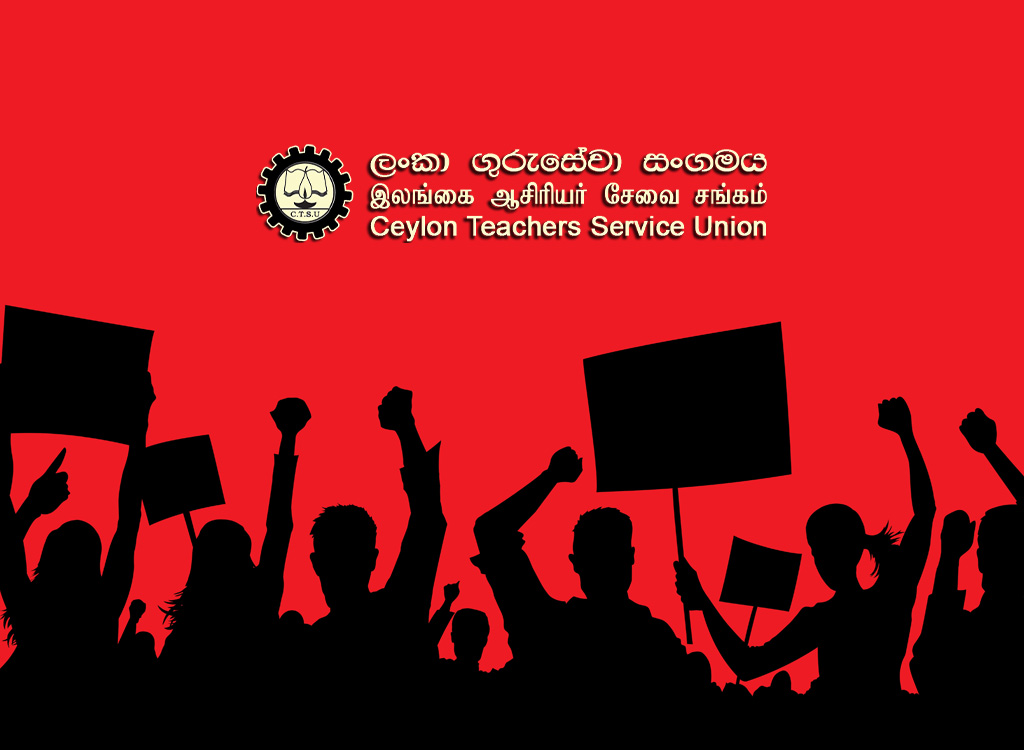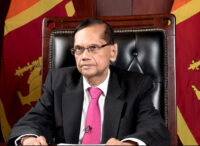Teachers and principals across Sri Lanka have announced a nationwide strike on December 12 in protest against the government’s proposed educational reforms, which are scheduled to take effect in January 2026.
The move represents an unprecedented show of unity among education sector trade unions, including the Ceylon Teachers Service Union (CTSU), traditionally aligned with the ruling National People’s Power (NPP).
Union leaders held separate press conferences in Colombo and Kalutara on Thursday, criticizing the government for pushing through reforms without consulting stakeholders.
The changes, including a proposed extension of school hours to 2:00 p.m., have drawn widespread opposition from educators.
Kalutara District United Teachers’ Union Secretary Tharindu Dilshan said teachers had supported the NPP in the 2024 elections with the expectation that longstanding issues in the sector would be addressed.
“Instead, the government is introducing reforms completely against our wishes. No teacher or principal was consulted,” he said, warning that unions were “determined to defeat” the move.
Ceylon Teacher Union (CTU) President Priyantha Fernando added that parents, students, and teachers alike opposed the reforms.
“We voted expecting salary anomalies to be fixed. Instead, we got reforms nobody asked for,” he said, noting that all unions would participate in the strike.
Meanwhile, CTU General Secretary Joseph Stalin accused the government of reneging on election promises, highlighting that President Anura Kumara Dissanayake recently told Parliament that teachers’ salary issues would not be resolved until 2027.
“This is the exact opposite of what was promised. Even the CTSU, which has fought for teachers’ rights for decades, is now with us against this injustice,” he said.
Meanwhile, Education Professionals’ Association President Ven. Ulapane Sumangala Thera warned that multiple trade unions would join the strike and that an indefinite work stoppage could follow if the government failed to withdraw the reforms.
Circulars implementing the changes have already been issued despite opposition, even from unions traditionally supportive of the administration.











Leave a comment